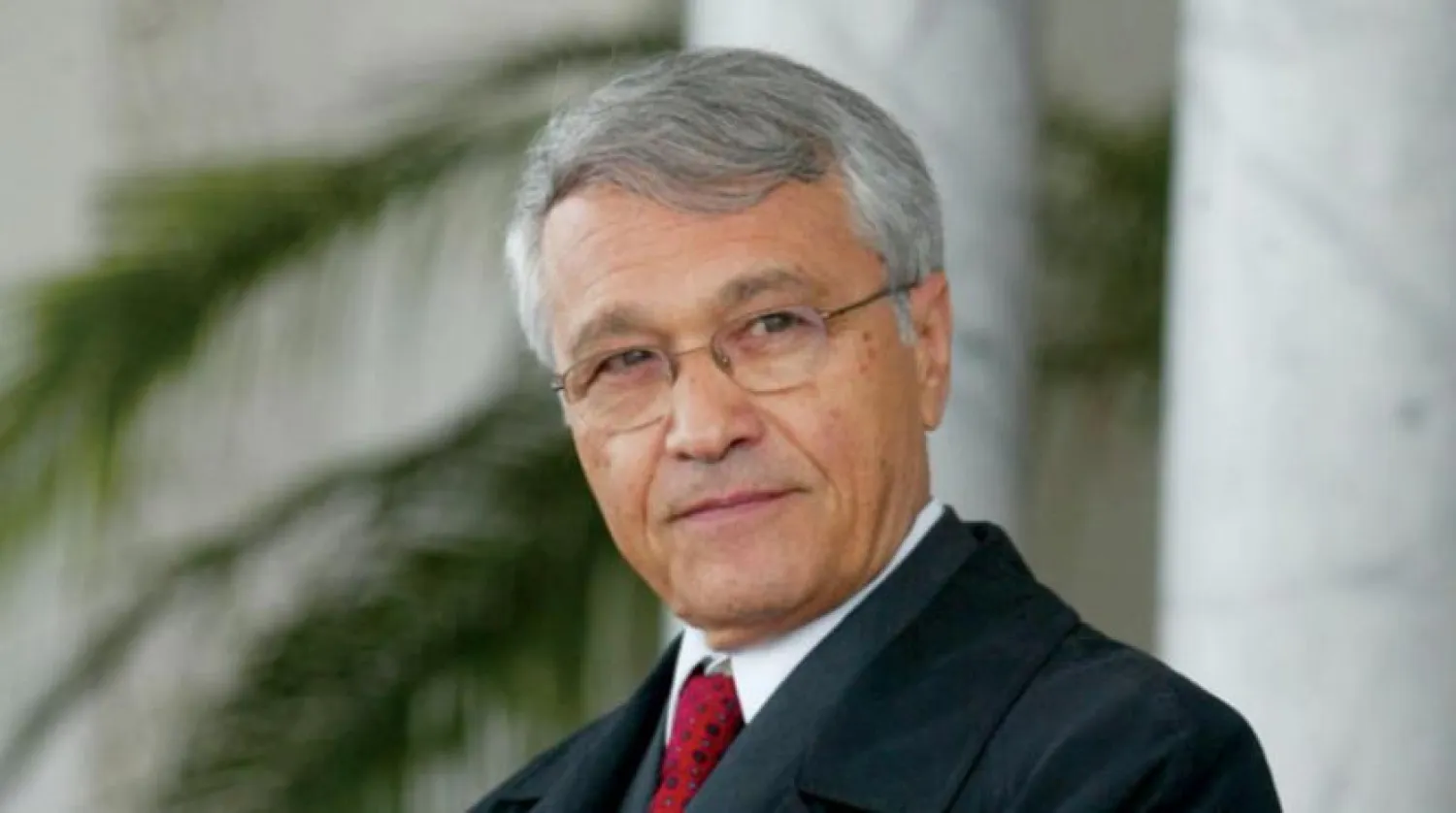An Algerian court on Monday sentenced in absentia former energy ministry Chakib Khelil, who served under former president Abdelaziz Bouteflika, to 20 years in prison on corruption charges, local media reported.
The Sidi M’Hamed court in Algiers also fined the longtime former minister, who served for half of Bouteflika’s 20-year tenure, two million dinars (about $14,200).
A former head of the North African country's oil and gas firm Sonatrach, Mohamed Meziane, was sentenced to five years in prison and a one-million dinar fine in the same trial.
Meziane is already serving time in a separate case.
The trial opened on February 1, with the prosecution demanding 20- and 10-year sentences for Khelil and Meziane.
Sonatrach officials stood accused of favoring Italian group SAIPEM for contracts to construct the Arzew gas complex in the western province of Oran over another firm, at Khelil’s instruction.
The officials were also charged with “granting undue privileges,” abuse of their positions and “concluding contracts in violation of laws and regulations,” according to national news agency APS.
The same court on Monday sentenced in absentia two representatives of SAIPEM, Gilbert Bulato and Massimo Gallipoli Steal, to six years in prison and a one-million dinar fine each.
Khelil, now 82, quit his post in 2010 and moved to the United States after being associated with a scandal involving high-ranking Sonatrach officials who were later jailed for corruption.
He returned to Algeria in 2016 after the cases were dropped -- then left again after Bouteflika’s resignation in 2019 that sparked a string of investigations into graft by his officials.
In 2019, after ousting Bouteflika, protests demanded that the authorities arrest, investigate and put on trial prominent government aides and officials from the former president’s era.
The corruption probe against Khelil was reopened, prompting him to flee Algeria again.
Khelil has been sentenced in absentia. He is believed to be in the US, as he also holds American citizenship.









